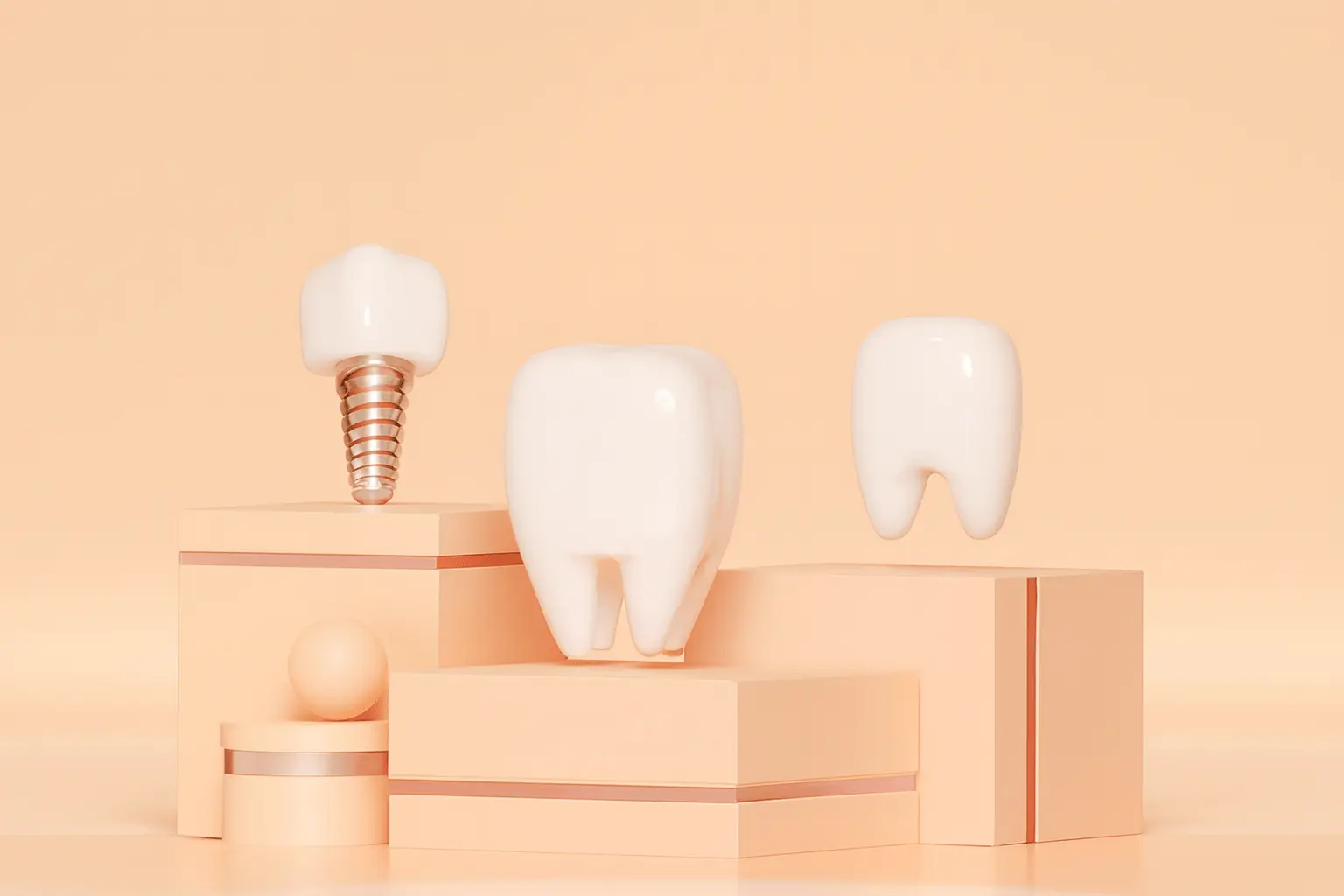
Transform Your Smile with Zygomatic Dental Implants at Affordable Prices
Replace all your teeth in a day! Suitable for patients with minimal bone volume in the front or back upper jaw.
Do you have failing teeth and dread wearing dentures? Have you lost most or all of your teeth and just cannot get on with your dentures? Are you struggling to eat or chew? Has your confidence taken a hit because you can no longer smile due to a lack of teeth? If you’ve answered yes to any of the above questions then Zygomatic dental implants may be the life changing solution that you have been looking for.
Limited time offer, worth upto £2,500 !!
FREE 45 Minute Consultation
FREE 3D CBCT Scan
FREE Surgical Planning Pictures
FREE Digital Impression
FREE Comfort Sedation
FREE 0% APR Finance Payment Plan (subject to affordability, age and status, minimum spend applies)
Join the thousands of patients who recommend Zental
We are dedicated to providing exceptional dental care in a tranquil environment. Renowned for our outstanding service, we have helped thousands of patients transform their smiles. Experience the Zental difference and discover a new standard in dental care. Our patient reviews speak for themselves!
Before & After
Annelle
Annelle
Before
Annelle visited us seeking a solution for her failing upper teeth which was not only detracting from her smile but was also not allowing her to chew her food as efficiently. After a robust treatment planning process we deemed that the "All on 4 - teeth in a day solution" for her upper teeth would be the best option to help solve these problems.
After
After the initial teeth in a day treatment going to plan and the implants having been given sufficient time to heal - the final bridge was bespokely fabricated thereby restoring her smile, confidence and function!
Colin
Colin
Before
Colin had difficulty eating and chewing as well as regular pain from his badly damaged and broken teeth for many years. He had suffered years of pain, sensitivity, difficulty eating and chewing and not to mention the lack of confidence when smiling. He finally mustered up the courage to take action and went ahead with the "teeth in a day" treatment.
After
Treatment was a success and for this final bridgework he wanted super white teeth and can now smile and eat with confidence free from any dental pain. In his own words Colins expressed his delight at the outcome: "I can't be happier with my new perfect teeth.
John
John
Before
After years of dental issues, John had numerous missing teeth and difficulty eating. He could not get on with dentures and was keen on a fixed solution to help restore his confidence and ability to chew and eat well again.
After
The "teeth in day" treatment that we provided transformed his appearance in an instance. We removed the failing teeth and replaced them with Implant retained bridgework which gave him a full set of fixed teeth. He can now enjoy his food and smile with confidence again. John commented after his treatment: "My confidence has returned and I do not put off meeting friends and family.
Kim
Kim
Before
Kim presented with loose teeth that were drifting all over the place due to the prescence of gum disease. This resulted in the gap that you can see in between her front teeth which was not there a few before. This unfortunate condition led to her on the verge of losing all of her upper teeth and the frightful prospect of wearing dentures for the rest of her life. Thankfully we had a solution to help.
After
Once we were able to stablise the gum disease - we were able to remove all of the affected teeth and replace them with dental implants using the "teeth in a day" protocol for which she was suitable for. We only needed to do this for her upper teeth as her lower teeth were in much better shape. The end result allowed her to have fixed teeth once again that were no longer loose and moving all over the place. This has restored her confidence once again!
Lucky
Lucky
Before
Lucky presented with teeth that had drifted so far out that it was a cause for embarrassment for her. She wanted a solution that would allow her to have fixed teeth right from the outset without the need to wear dentures which she was absolutely dead against. We carefully planned her case and helped her find a solution that worked for her and provided her with what she really wanted.
After
The treatment involved stabilising her gum disease and removing the failed teeth after which we could restore her mouth with dental implants using the "teeth in a day" protocol. What you see here is a life changing transformation that has significantly enhanced her facial profile and restored her youthful look
John
John
Before
Due to years of neglect, Johns teeth unfortunately deteriorated to a state where he had to lose all of his upper teeth. He did not wish to face the prospect of wearing dentures and could not bear the thought of having a larger gap once these teeth are lost.
After
The "teeth in day protocol" was deemed appropriate for his case and even though there was a lack of bone - we were able to carry out some clever bone grafting techniques to give him a fixed set of teeth on the same day as he lost all of his upper teeth. The final bridge a few months later was fabricated giving him a second chance to smile, talk and eat with confidence. A life changing transformation for John when all else seemed lost.
Ali
Ali
Before
After years of suffering with multiple loose teeth and loose dentures, Ali finally decided to take action. Knowing that he had to lose his teeth and given his history of gum disease we are able to first stabilise his gum disease and then restore his upper jaw with dental implants using the "teeth in a day" protocol.
After
We were able to save most of his lower teeth and restored him with a new lower denture. This combination approach was carefully discussed with the patient and decided as the best way forwards for him. He can now eat, chew and smile like he used to and is incredibly happy with the result
Abdel Hakim
Abdel Hakim
Before
Abdel Hakim presented to us with failing teeth and a smile that he was very embarrassed about. He knew he will lose all of his teeth and wanted a solution that would restore the quality of his life without resorting to removable dentures.
After
After careful planning it was decided that the "teeth in a day" protocol would be most suitable. What you see here is a life changing transformation of his smile that has enhanced his confidence to no end. Please see Abdel Hakims video testimonial below to give you an idea of how much this treatment means to him.
Testimonials
"
Colin had a bad experience with dentists throughout his life until he visited Zental. Sadly, this altered his perception of visiting the dentist during adulthood and ultimately impacted his wellbeing. He decided to visit Zental Dental and undergo treatment involving dental implants. Colin shares his brave story and explains why he continues to Trust in Calm with Zental.
Colin's Story
"
Michael had a bad experience with his dentist at a young age. Sadly, this altered his perception of visiting the dentist during adulthood and ultimately impacted his wellbeing. He decided to visit Zental Dental and undergo treatment involving dental implants. Michael shares his brave story and explains why he continues to Trust in Calm with Zental.
Micheal's Story
"
Suzanna had a complex, dental implant procedure with a UK dentist in 2019. Sadly, her experience was traumatic and the result she was promised fell dramatically short of her expectations. She decided to visit Zental Dental and met with the highly skilled and dedicated team of Dr Ihsaan Al-Hadad. Suzanna shares her brave story and explains why she continues to Trust in Calm with Zental.
Suzanna's Story
"
Abdul Hakim had a difficult experience with dentists from a young age, which altered his confidence and wellbeing in adulthood. As a consequence, he became fearful of visiting the dentist. He eventually found the courage to visit Zental when his oral health deteriorated. Abdul Hakim embarked on a journey with Zental and had full mouth dental implant treatment. Abdul Hakim shares his brave story and explains why he continues to Trust in Calm with Zental.
Abdel Hakim's Story
Meet the experts who will treat you

Mr Ihsaan Al-Hadad
Clinical Director
MBBS, BDS, MRCS (Eng), MFDS RCS (Eng)

Mr Ihsaan Al-Hadad
Clinical Director
MBBS, BDS, MRCS (Eng), MFDS RCS (Eng)

Dr Abdul Rehman Rashid
Implant Surgeon, Oral Surgery & Sedationist
BDS PgCert (Implantology)

Dr Abdul Rehman Rashid
Implant Surgeon, Oral Surgery & Sedationist
BDS PgCert (Implantology)
Articles
Book your next dental appointment with us

Our dental practices provide a serene, spa-like environment designed to relax your senses while delivering advanced, high-quality care. Using state-of-the-art technology coupled with exceptional patient care, we ensure a calm, stress-free experience that leaves you feeling refreshed and confident in your smile.
































